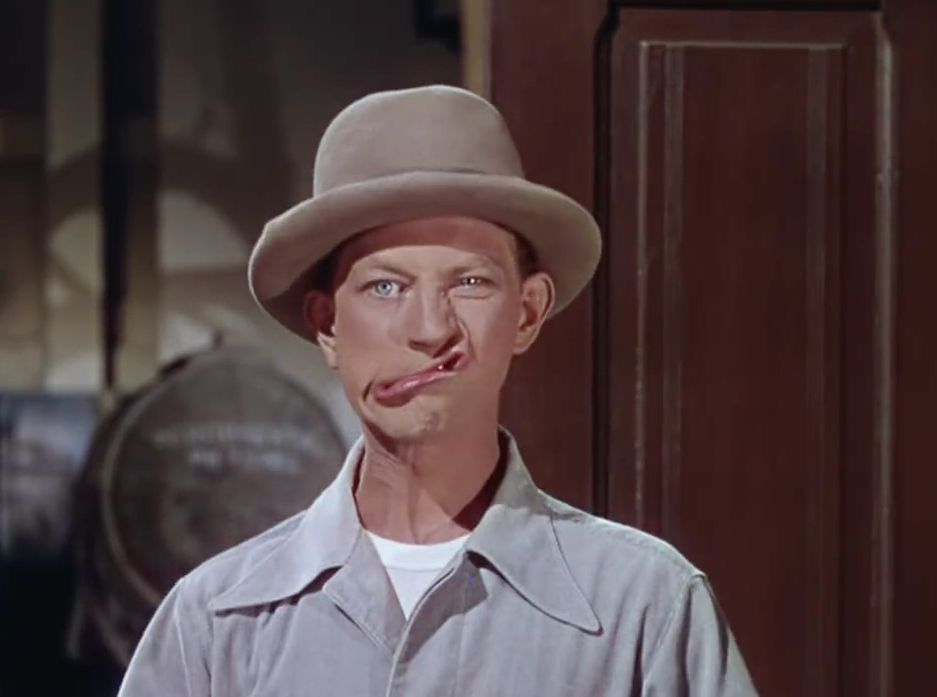|
…Perhaps that’s the exact reason to bring levity to the heaviness, to laugh at the unlaughable, at the incomprehensible… Perhaps we laugh so we can bear the weight of life — while we keep trying our best to make it through.
We’ve long heard the old adage that, “laughter is the best medicine,” but did you know that its effects go way beyond mere pleasantries? In recent studies, laughter has been shown to help soothe tension, enhance our stress-response, boost our mood, and improve immune system functioning. In fact, one particular study found that a strong sense of humour contributed to a longer life expectancy among women. But what about “dark humour?” Outside the therapy room the topic can still generate divisiveness and skepticism as to its efficacy and place. Yet an overwhelming majority of young adults that consult me in my practice indicate a propensity for just such humour. What is more, they all relate to it as having been a significantly positive adaptive coping mechanism in their life at one time or another. According to Wikipedia, “Dark humour…makes light of subject matter that is generally considered taboo, particularly subjects that are normally considered serious or painful to discuss.” It’s with this definition in mind that I present the following anecdote. It was a sunny day for December. I sat on an exercise bike pedalling gingerly in front of a big floor-to-ceiling window, lost in the deep blue of the afternoon sky. How I missed that sight! It was a welcome contrast from the typical dreary greyness of Southern Ontario that time of year. I could feel the warmth of the sun beaming across my lap like a cozy blanket. Beside me to my left was a woman who had recently had a stroke and as a result was left almost completely immobile. We were both patients here at Oakville Trafalgar’s neurorehab program. Similarly to her I was there to help regain my ability to walk after my brain injury earlier that year. Unlike her however, I was generally doing pretty well at this point in my recovery and could get around most places with the help of a cane. The timer was set for six minutes on the lowest tension, which even then was no small feat, and as I pedalled away independently, I heard her (surrounded by a hands-on team of physiotherapists) making bitingly deprecating jokes about her situation. What’s more is they were funny! I looked over, taking in the scene, and was simultaneously amused and puzzled. I nodded my head imperceptibly, thinking, “Man, I never thought I’d hear someone making ‘stroke jokes!’” I’d thought certain things you weren't supposed to make fun of, at least not publicly, none the least of which were strokes. But here I was suddenly with front row, well maybe row-adjacent seats to the world premiere of, “bap-baba-baaa," jokes on strokes! “Well, if it’s gonna be appropriate for anyone to do,” I thought, “I guess it would be her… but still, stroke jokes!??” I went home that evening still struck by what I had witnessed. In fact, I think I was kind of tickled by it. I simply didn’t know you could do that. I revered her level of mental mastery, after all, looking at the state she was in and the obviously arduous road ahead, it didn’t appear to be a laughing matter at all. I went back the next morning resolved to tell her about the effects that witnessing that had had on me. Sure enough she was there surrounded by her team of physiotherapists, but this time she didn't appear to be the same woman that less than 24 hours ago filled the room with such grace and levity in response to her condition. Today she was bawling inconsolably, barely choking down enough oxygen to let out the next series of sobs and screams. I tried not to stare as I stood momentarily frozen in confusion and disillusionment. I couldn’t at first understand how to reconcile these two states of being. And then suddenly it became clear. Something I had long suspected to be true became galvanized with more acuity than ever that day — that if we’re not able to find a way to laugh at the hand we’ve been dealt, there’s a good chance we may be in tears because of it. David Epston, one of the co-creators of Narrative Therapy, once said something to this effect — if we take a problem that’s deadly serious, and discuss it in a way that’s equally serious, there’s a chance we may be inadvertently compounding its weight. After all, by doing so, are we not simply speaking in the same voice as the problem? Sometimes levity, playfulness, and humour, can be a shrewd act of defiance against the tone that the problem would have us otherwise singing our life’s song in. Put more simply, it can offer a way of countering the voice of the problem by offering another way of speaking. By doing so, we may be able to create space for new identity to emerge, one that gives voice to values, intentions, hopes, and dreams.
2 Comments
Eileen Shapero
7/5/2022 04:12:32 pm
Your article was cleverly written and with deep insight. Thanks for sharing it!
Reply
7/6/2022 09:42:50 am
Great Article my friend. I see the value that dark humor can hold and I appreciate your reflection on this as well. :)
Reply
Your comment will be posted after it is approved.
Leave a Reply. |
AuthorAri Shapero MSW, RSW Archives
October 2022
Categories
All
|
In tune counselling |
© COPYRIGHT 2020. ALL RIGHTS RESERVED.
|

 RSS Feed
RSS Feed
